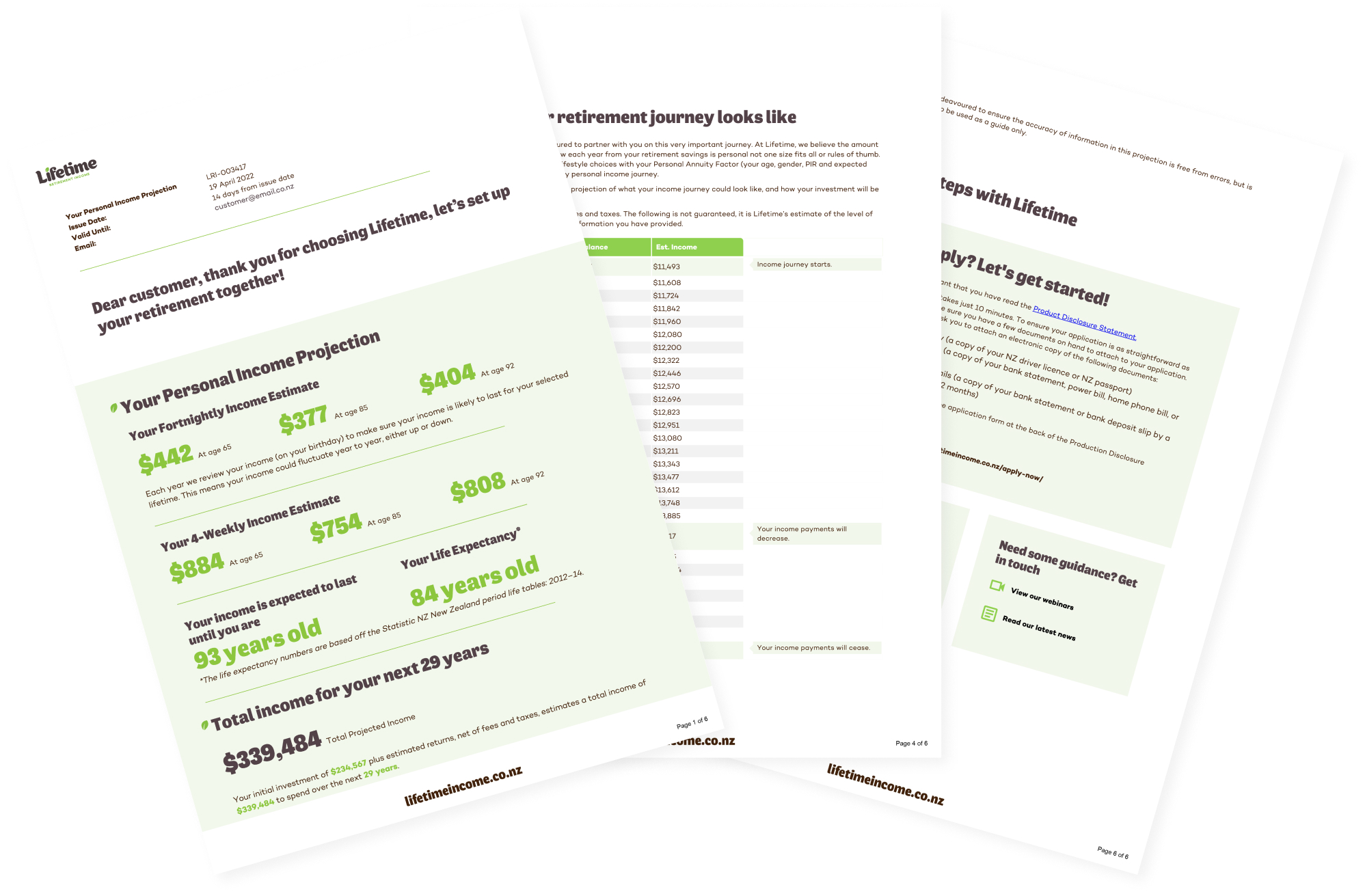Retirement Life
13 May 2025
Protect your money (and your heart) from romance scams
You hang up on the dodgy phone calls, send suspicious emails straight to spam and think you’re generally pretty savvy when it comes to avoiding scammers. But if you’re an online dater, could it be a romance scam that catches you out?
Don’t think this is just a risk for the youngsters, either. Older people can be particularly vulnerable to romance or relationship-based scams as they seek companionship and connection later in life.
How they work
Romance scams are on the rise, particularly on dating sites, according to online safety organisation Netsafe. The modus operandi of the romance scammer is to use photos and identities (often of real people) to create fake identities and pretend to be in a romantic relationship with someone online. The sole aim is to scam them.
The online world offers ideal conditions for romance scams to flourish. Scammers can spend time building up a connection and trust with their target, without ever meeting them. It can also be difficult to spot if the person is a fake, especially if you’re on a dating app.
Netsafe received nearly 2,000 reports of online harm related to dating platforms in the year to June 2024.
“(Scammers’) backstory, including family, friends, and employment, is meticulously crafted to build a connection and foster trust,” Netsafe says.
‘’After gaining your trust, they might begin with small requests for money, gradually increasing to larger sums. They may not ask for money directly but mention problems that could be solved with financial assistance, exploiting your emotions to offer help,” it says.
New guide
Netsafe has partnered with dating app Bumble to create A Guide to Safer Online Dating, to help people keep themselves safe. It includes tips for building positive and healthy connections and for understanding the online dating landscape, along with tips for managing the risks, including romance scams.
Calculate what you could draw in retirement.

Red flags
The scammers are great at finding different ways to swindle you. They might tell you they’re having trouble paying health-related bills/their rent/study costs, or suggest you invest in their fake investment scheme. Or they might encourage you to share explicit photos – and then blackmail you.
They also like to shroud everything in secrecy and may encourage you to keep your new relationship a secret.
One big red flag to watch out for is if you notice the communication style shift while you’re talking with them. It could be a sign that multiple people are managing the scam, and the person you’re talking to has changed. They likely have multiple ‘relationships’ on the go.
Netsafe’s essential tips for online daters
No matter how long you've been communicating or how trustworthy they seem:

Never:
- Send them money.
- Allow them access to your bank account.
- Transfer money on their behalf.
- Provide personal documents (passports, licences, etc.).
- Invest money based on their advice.
- Send gift card codes.
- Agree to receive or send parcels on their behalf.
And always:
- Be cautious about sharing personal information.
- Stay on the dating site's messaging platform if you met there (don’t move to a different messaging service).
- Remember, anyone can pretend to be someone else online.
- Be wary if asked to keep the relationship a secret.
Consumer NZ adds these tips to protect yourself:
- Don’t keep it on the down-low – talk to friends and family about online relationships: a fresh pair of eyes could help spot the signs of a scam.
- Don’t give someone anything you wouldn’t post publicly on social media – this isn’t just intimate photographs but also your address or other potentially sensitive personal information.
Romance scams can be challenging and heartbreaking, so if you suspect the person you’ve been falling in love with online is a scammer, make sure you reach out to whānau and friends for support.
You can also talk to Netsafe for support and guidance, along with organisations such as Manaaki Tāngata Victim Support. Report the scam to CERT NZ and the Police too.

Project your retirement income.
Invest with Lifetime for a retirement income managed for living.
